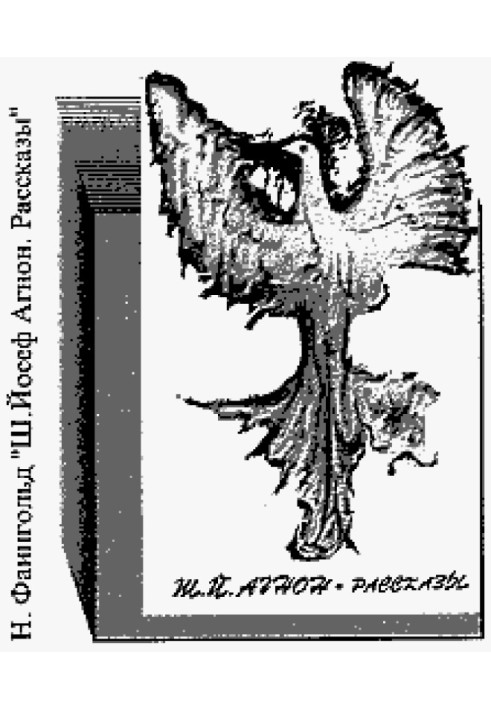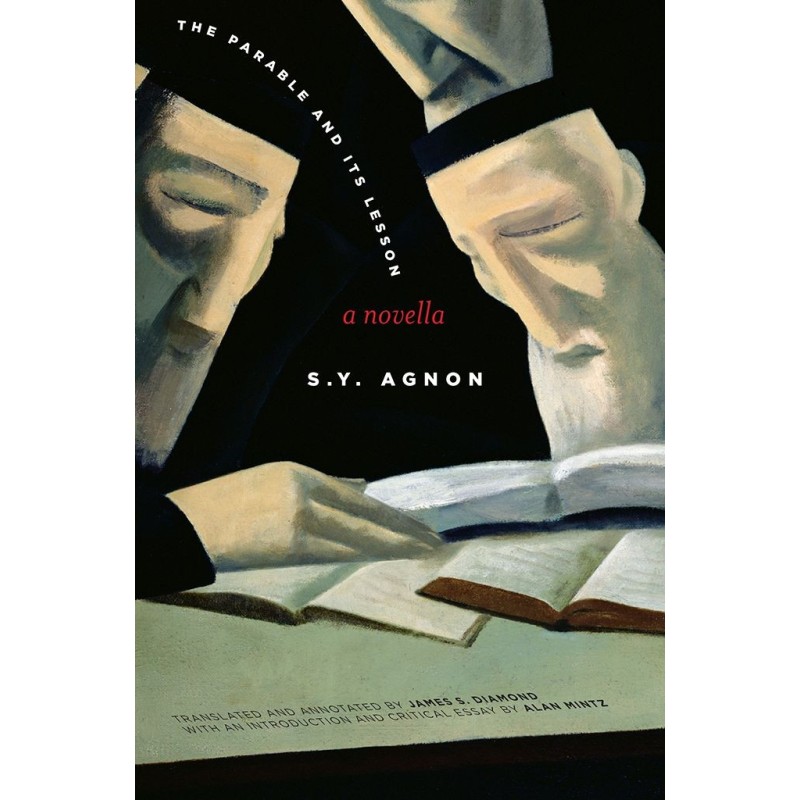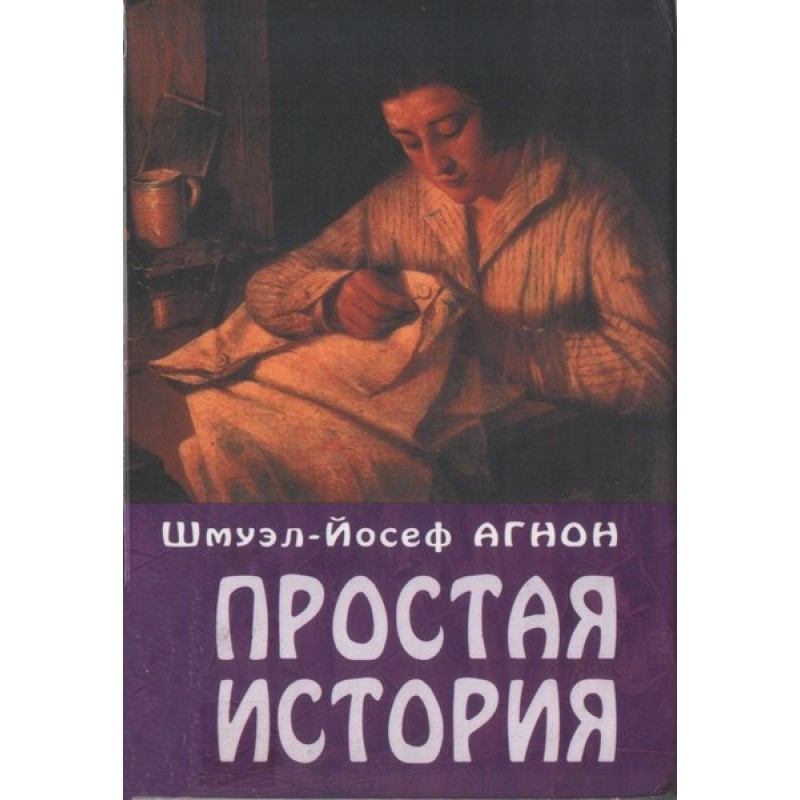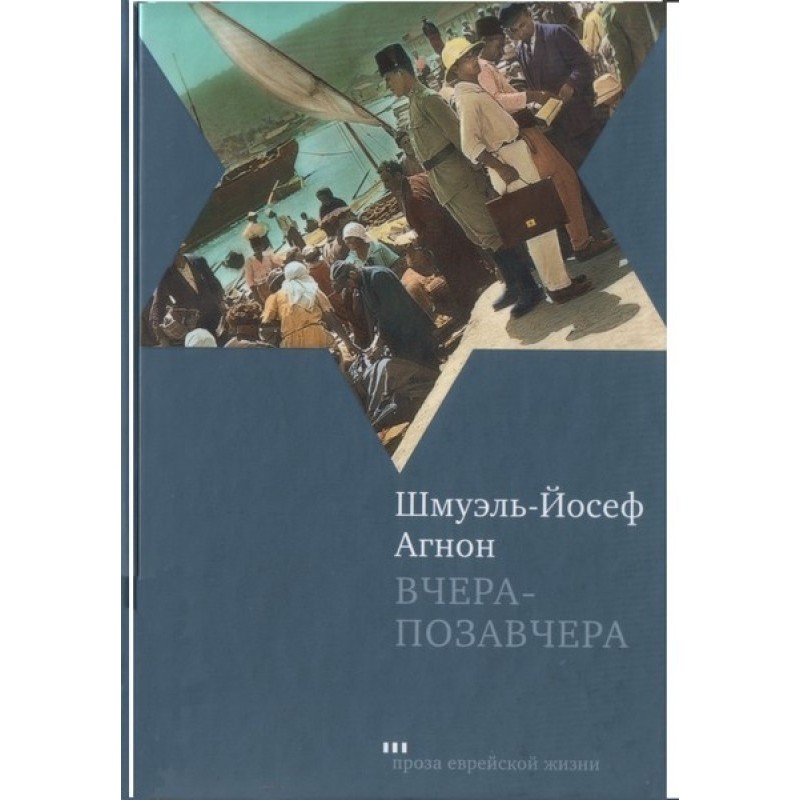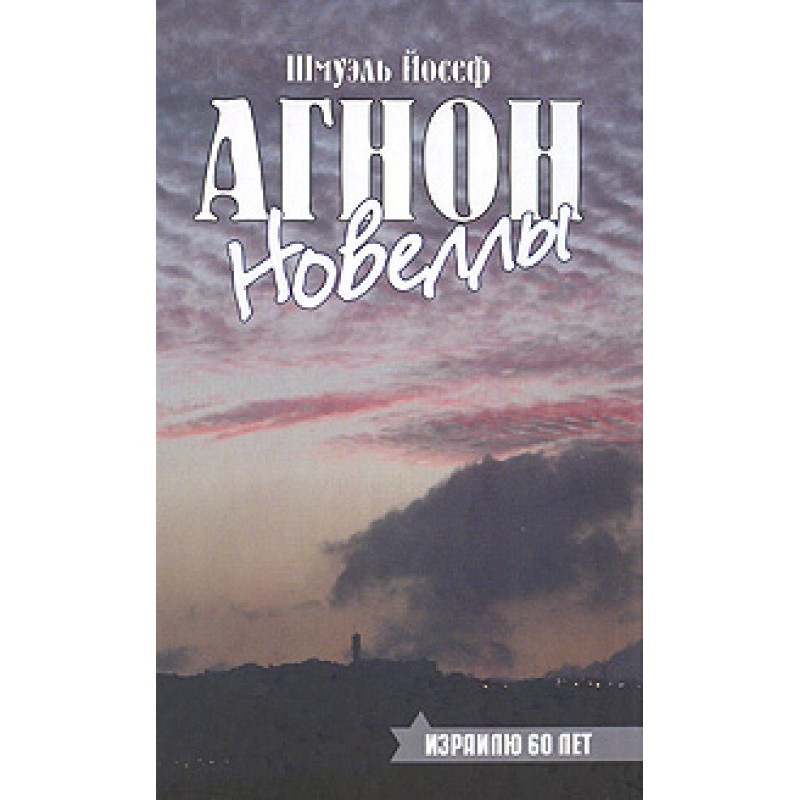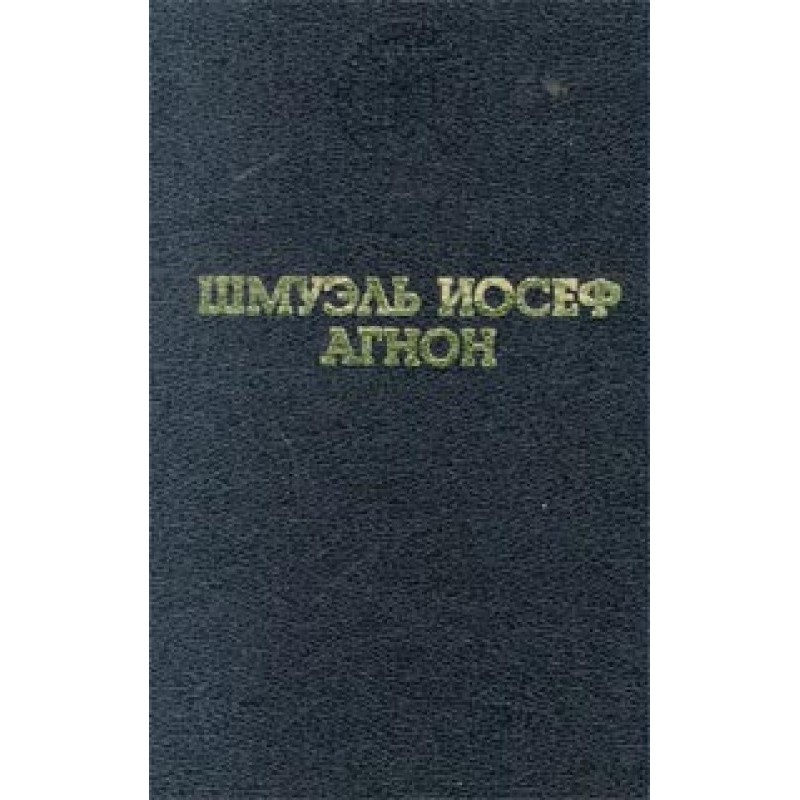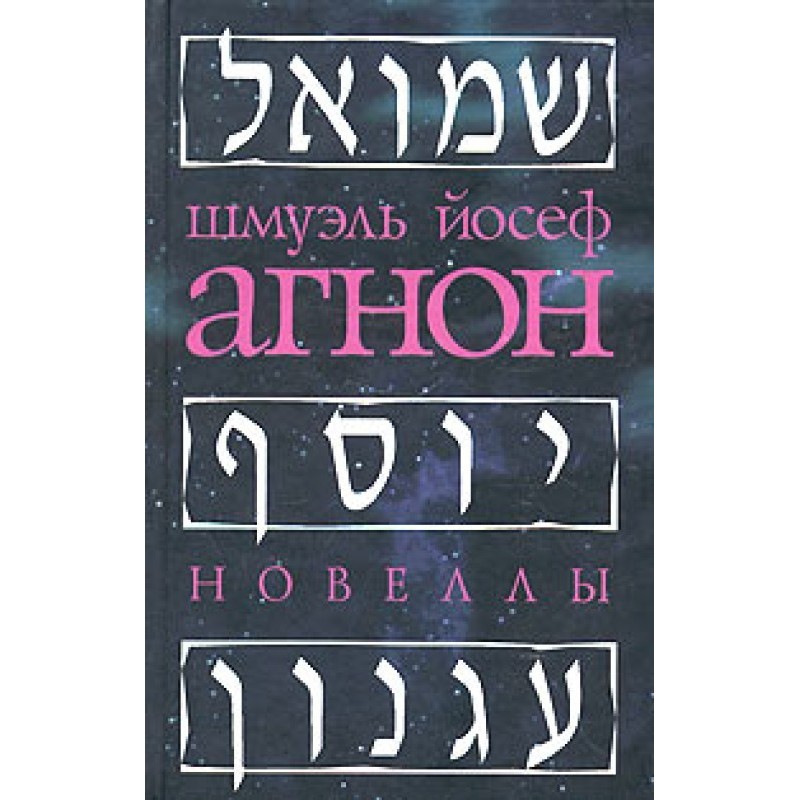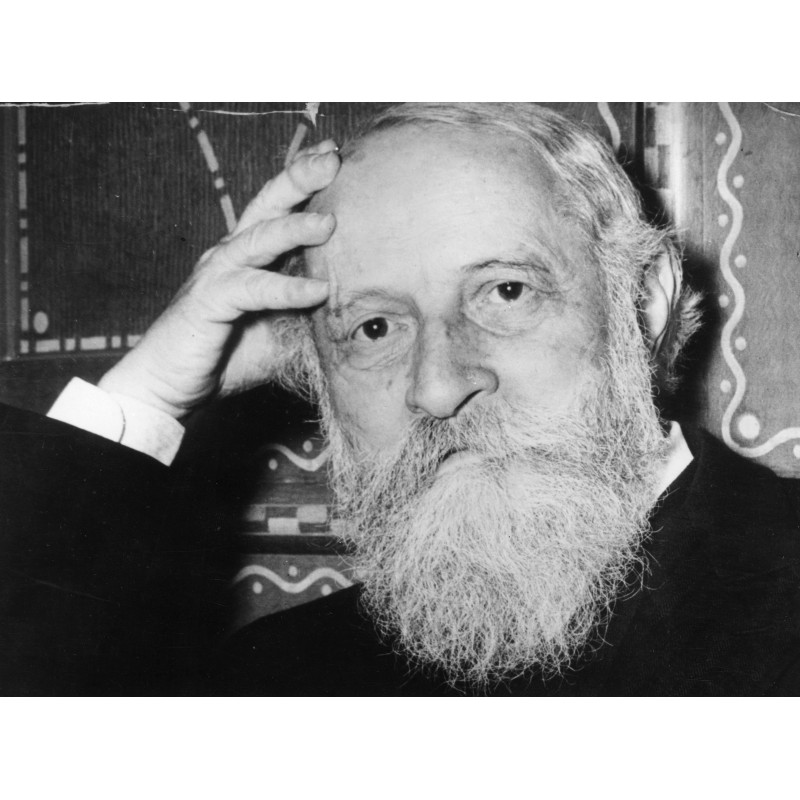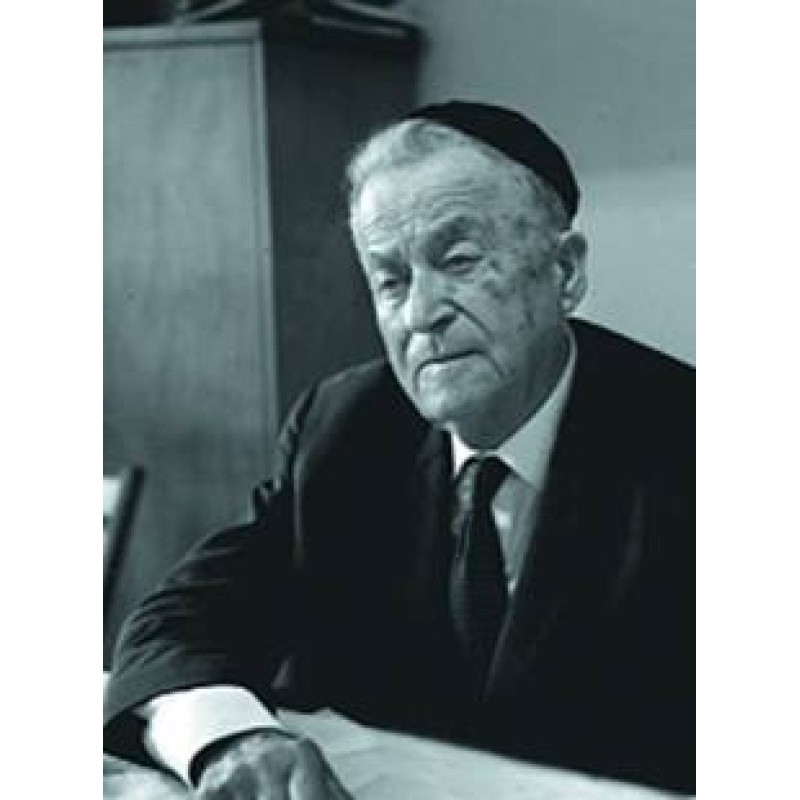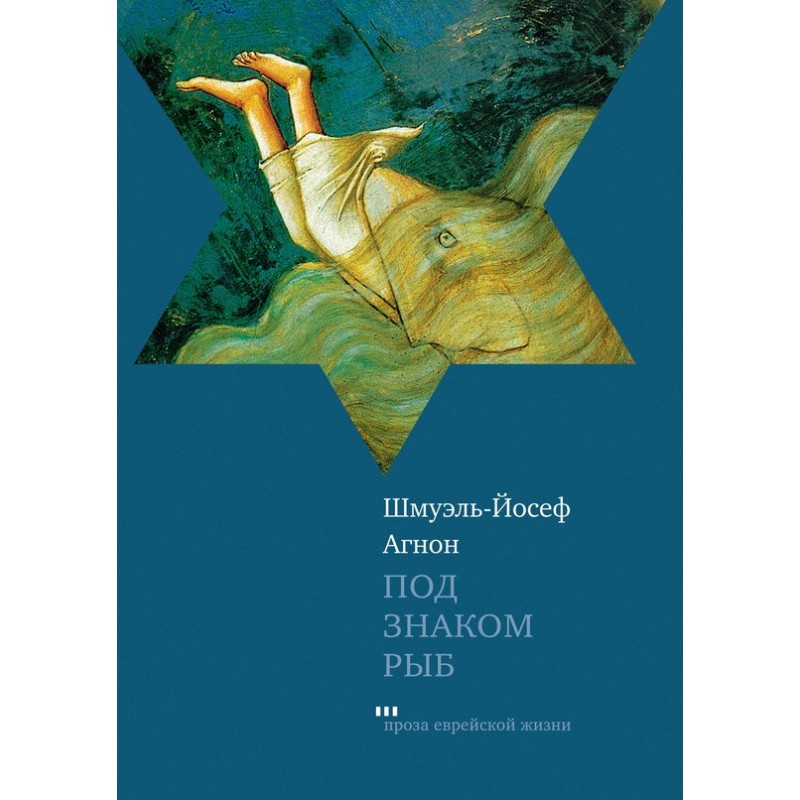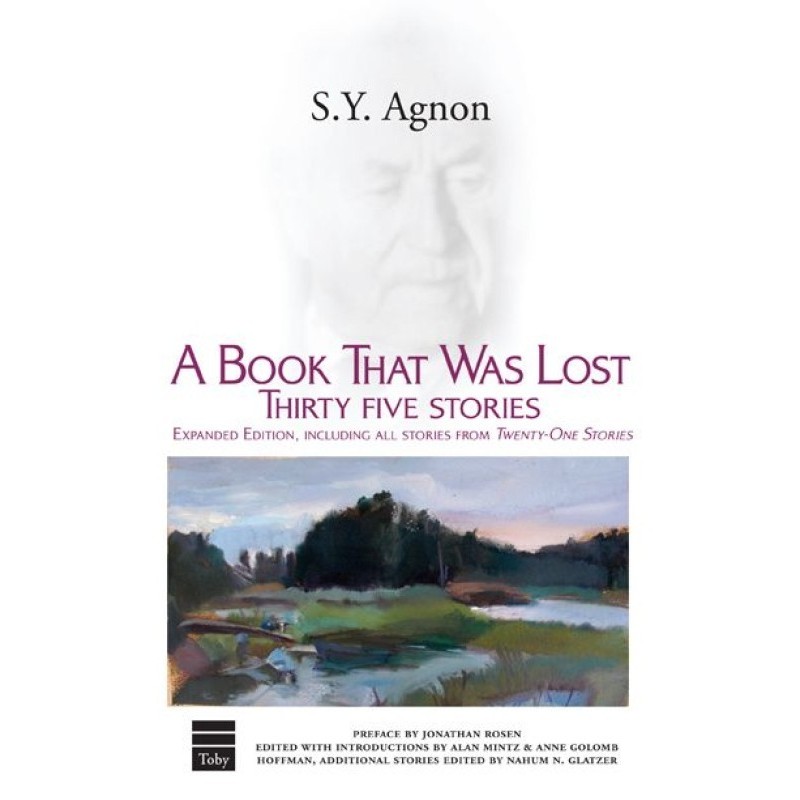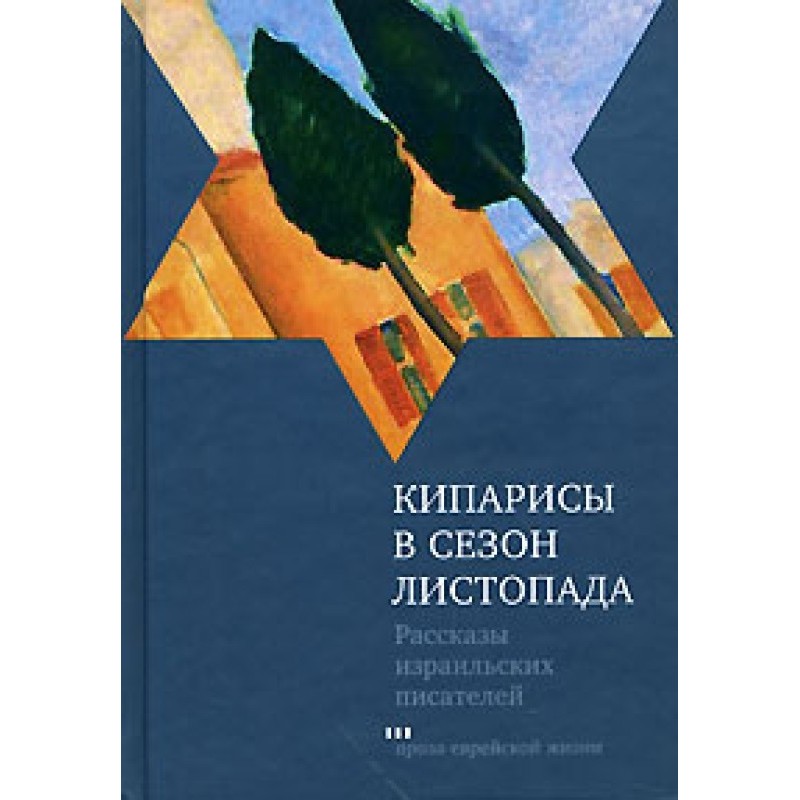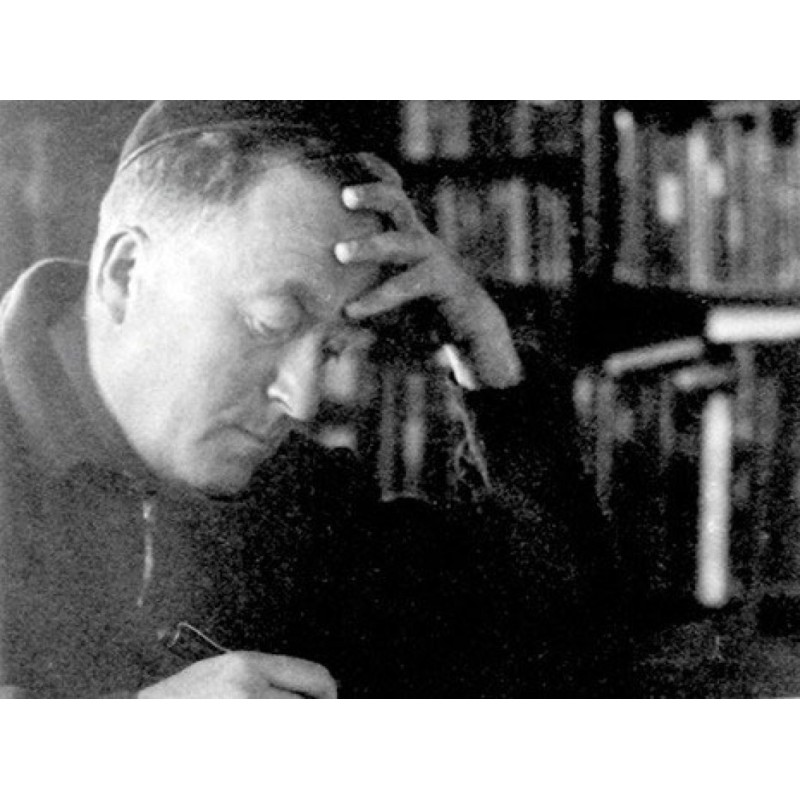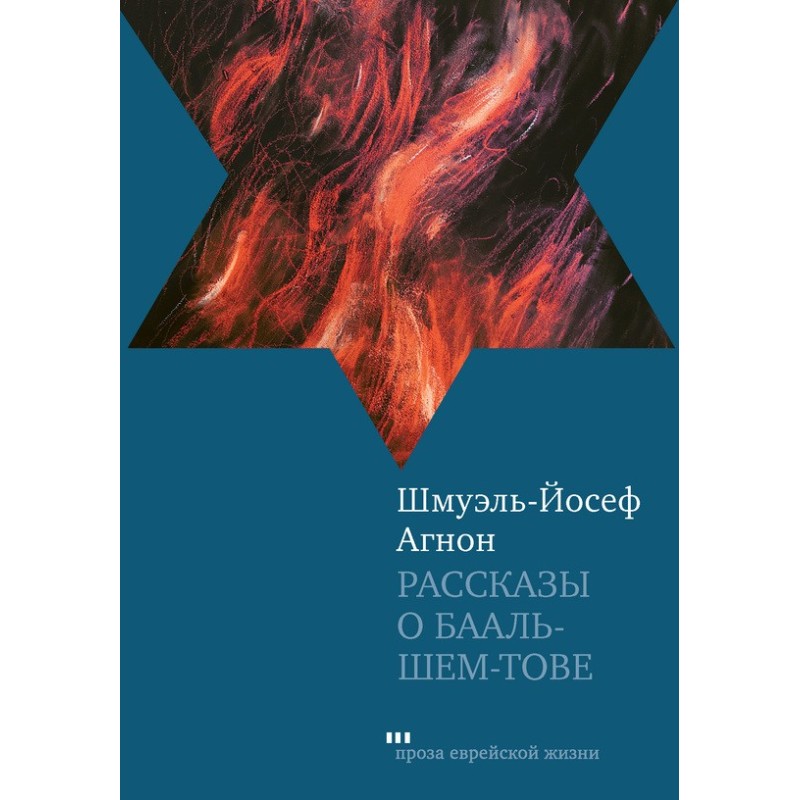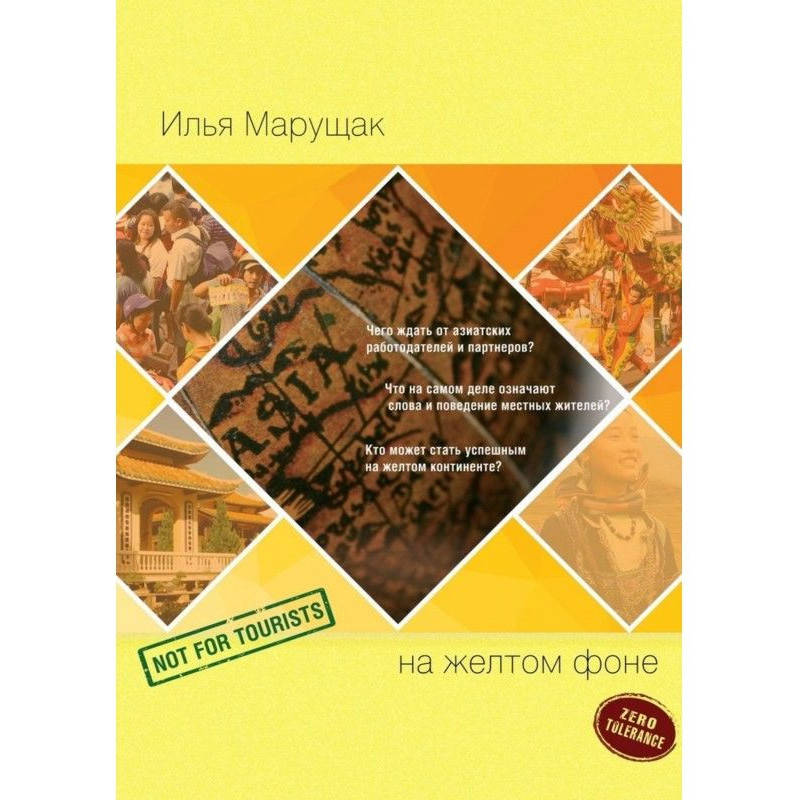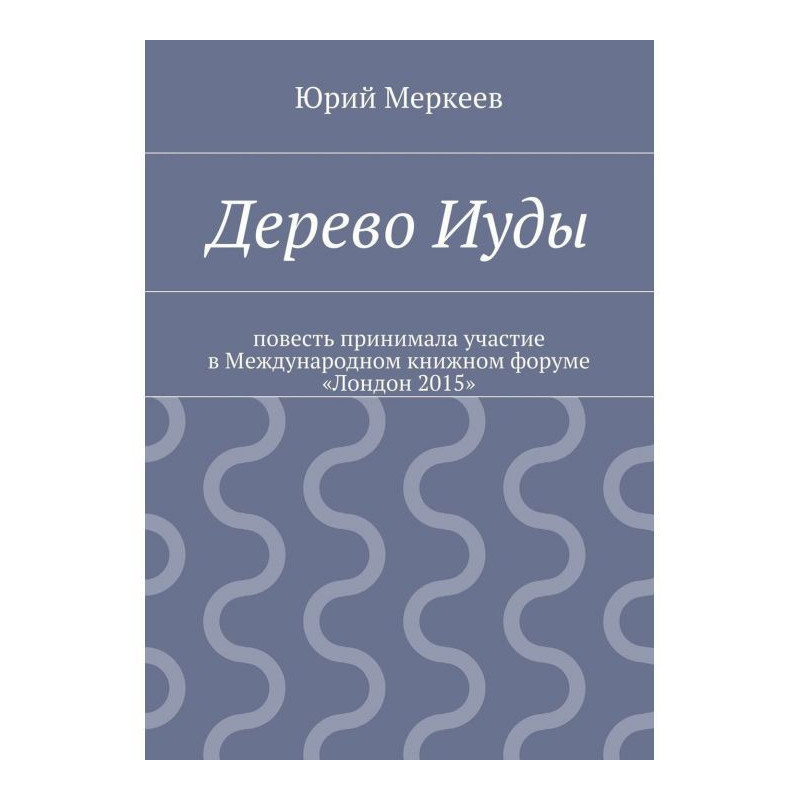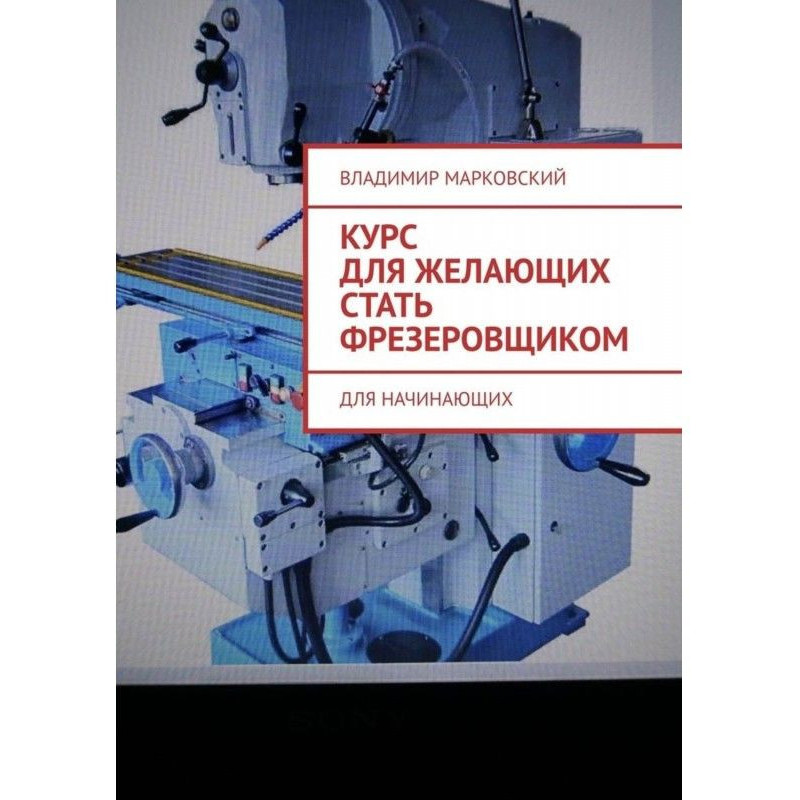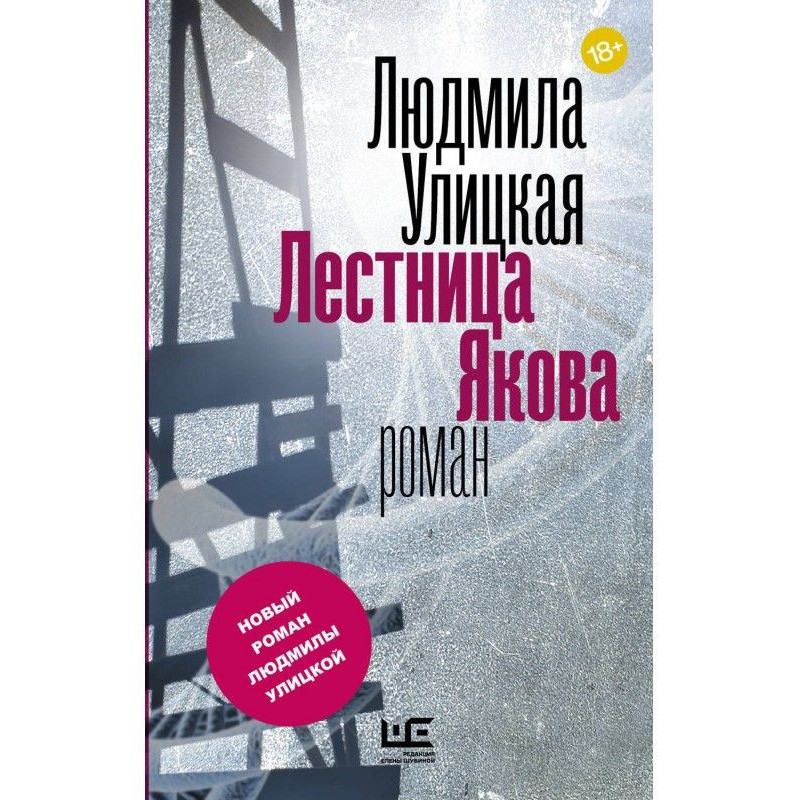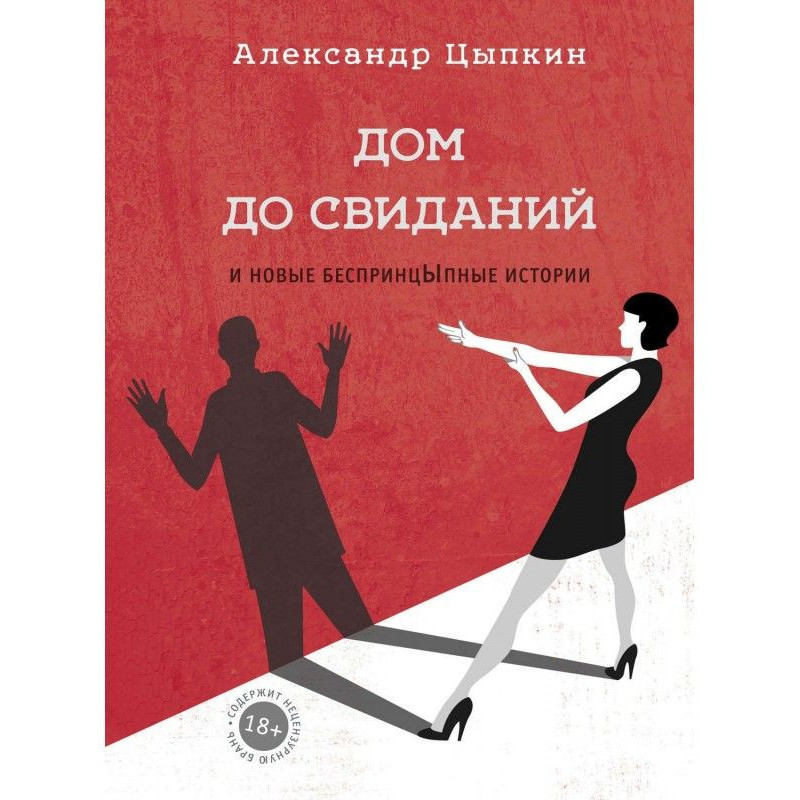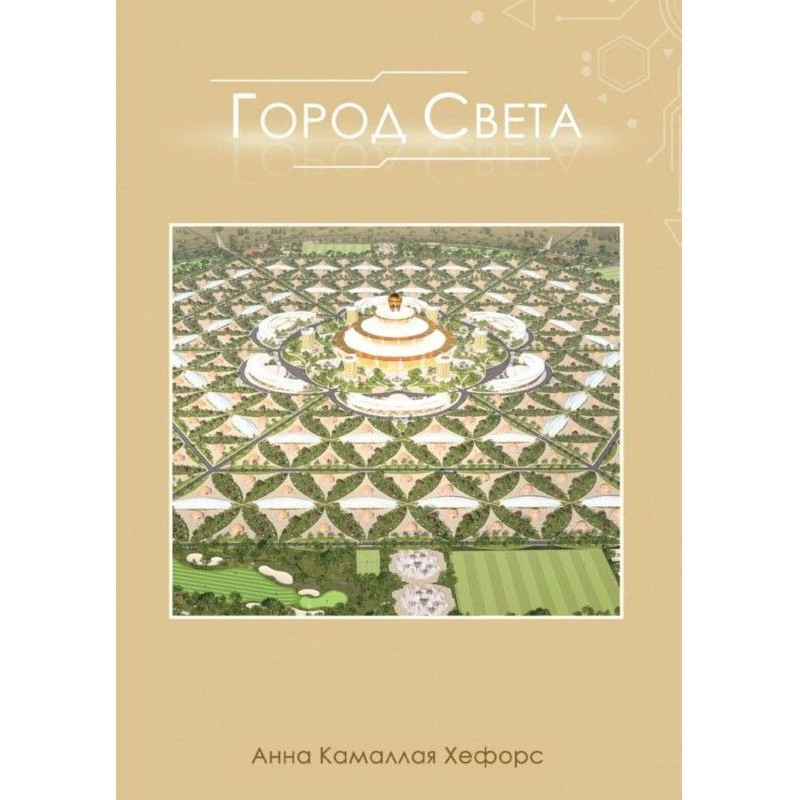Once upon a time there was a goat
 Instant download
Instant download
after payment (24/7)
 Wide range of formats
Wide range of formats
(for all gadgets)
 Full book
Full book
(including for Apple and Android)
“Once upon a time there was a goat” is one of the aggadic stories that Agnon attributes to the Polish Jews, his ancestors. The goat is not just one of the “clean” animals that fed the Jews from time immemorial and served for sacrifices when they were still performed. Goats, as you know, love to wander far and graze wherever they please. And about the goats grazing in the Land of Israel, it is said in the Talmud that “they eat figs dripping with honey, and they themselves drip milk onto the ground.” So the goat connected the Diaspora and the “flowing with milk and honey” Land of Israel: the Jews had goats, and the Land became a dream. And in Yiddish lullabies, the mother sang to the child: “Sleep, my dear, sleep. A little white goat will come and bring you almonds and raisins.” Almonds and raisins - the fruits of the Land of Israel - were a rare delicacy for the children of the town. Agnon told his tale to adults living in an age of admiration for science. After all, even now many are convinced that a little more and all the secrets of the universe will be revealed. Agnon, a believer, did not talk to the reader about the limitations of scientific knowledge, or about God and His Revelations, incomprehensible to the most sophisticated mind. Agnon simply “remembered” the folk tale about the goat and retold it in such a way that it becomes clear to the reader reflecting on the boundaries of the human mind: we have no more mastery of the laws of cause-and-effect relationships in this world than the old man and his clever son. Jewish tradition tells us to learn and at the same time, it protects against excessive curiosity: “The story of the Creation of the world begins with the letter bet, which is open only on one side. This predetermines that only the story pouring out from the open part of the letter bet is accessible to human inquisitiveness and understanding” (Bereishit Rabba, 1). Perhaps, instead of being curious about the goat’s walks, the old man should have thanked the Creator for the healing milk and to be concerned with the meaning of the Torah, so as not to have to repeat after the forefather Jacob: “A beast of prey ate him!” But perhaps it was the short-sightedness of the parents of the Enlightenment that helped their children, thirsty for Revelation, get to the Promised Land. And it seems that even a grateful, humble Jew must sometimes tie a rope to the tail of a goat and follow it. Zoe Kopelman
Data sheet
- Name of the Author
- Шмуэль-Йосеф Агнон
- Language
- Russian
- Translator
- Петр Криксунов

